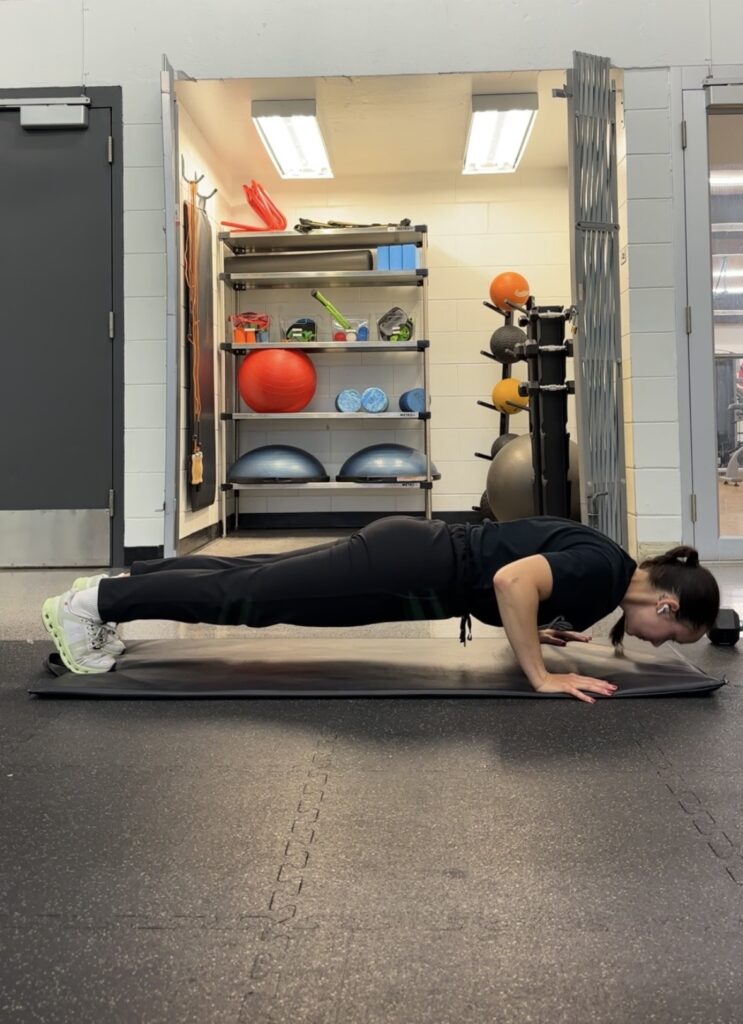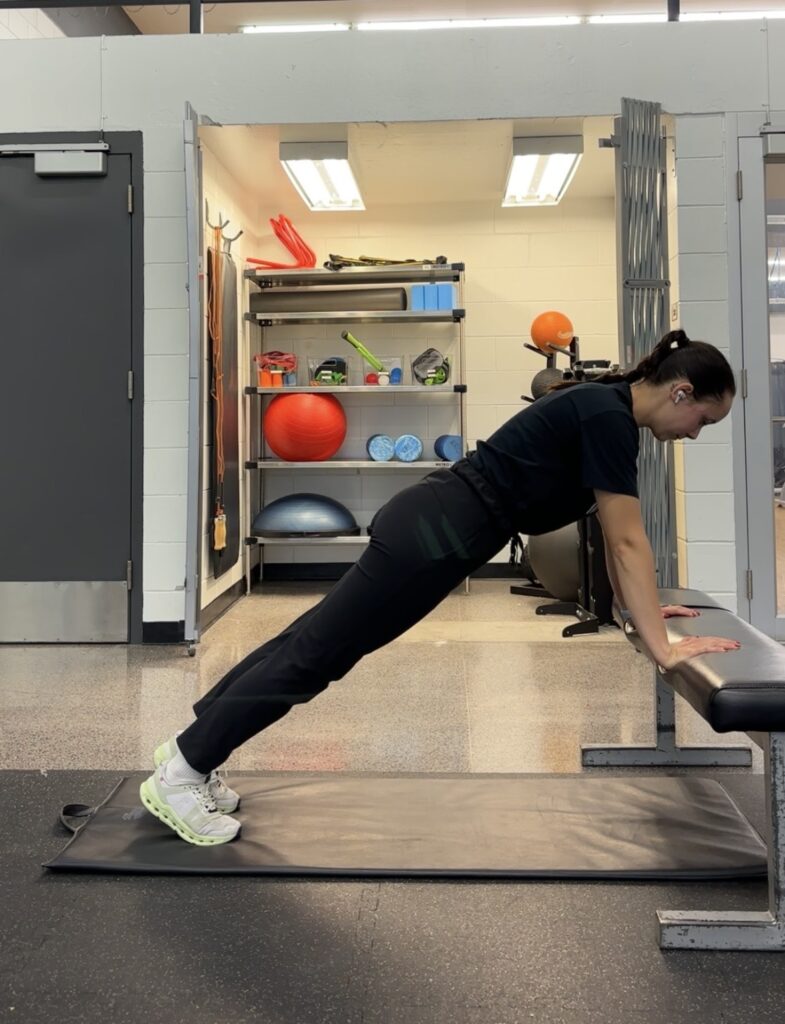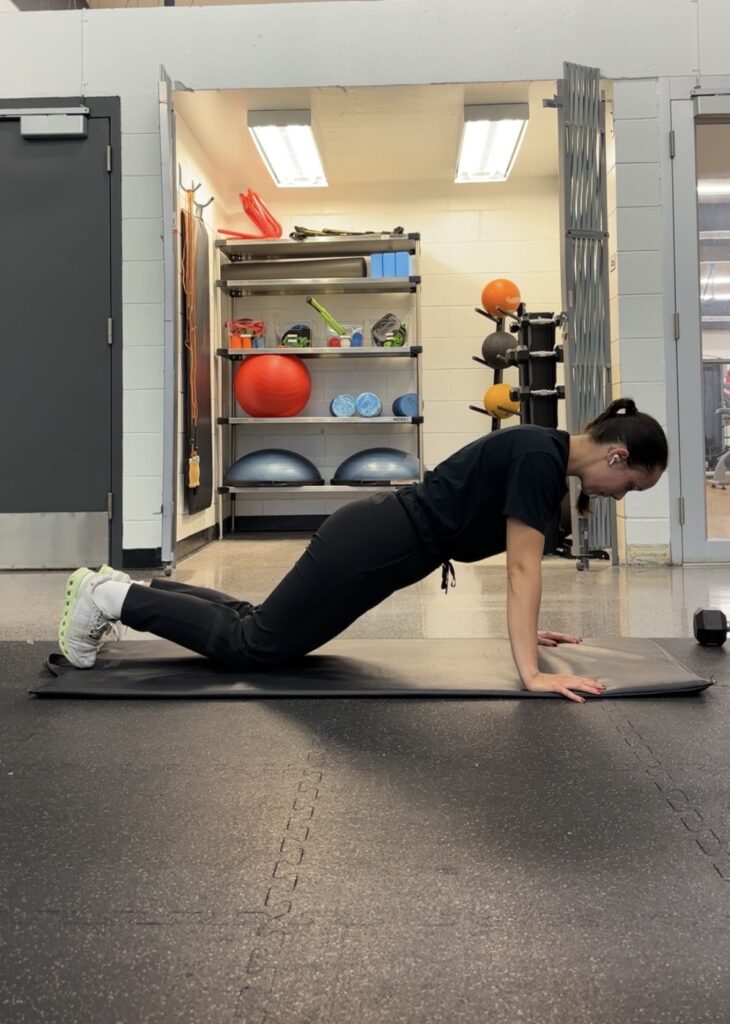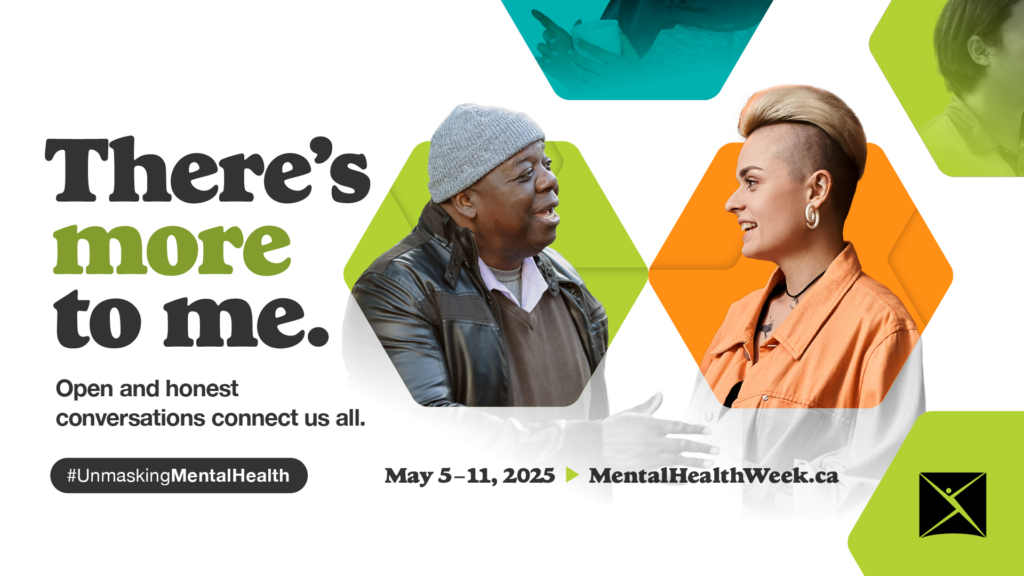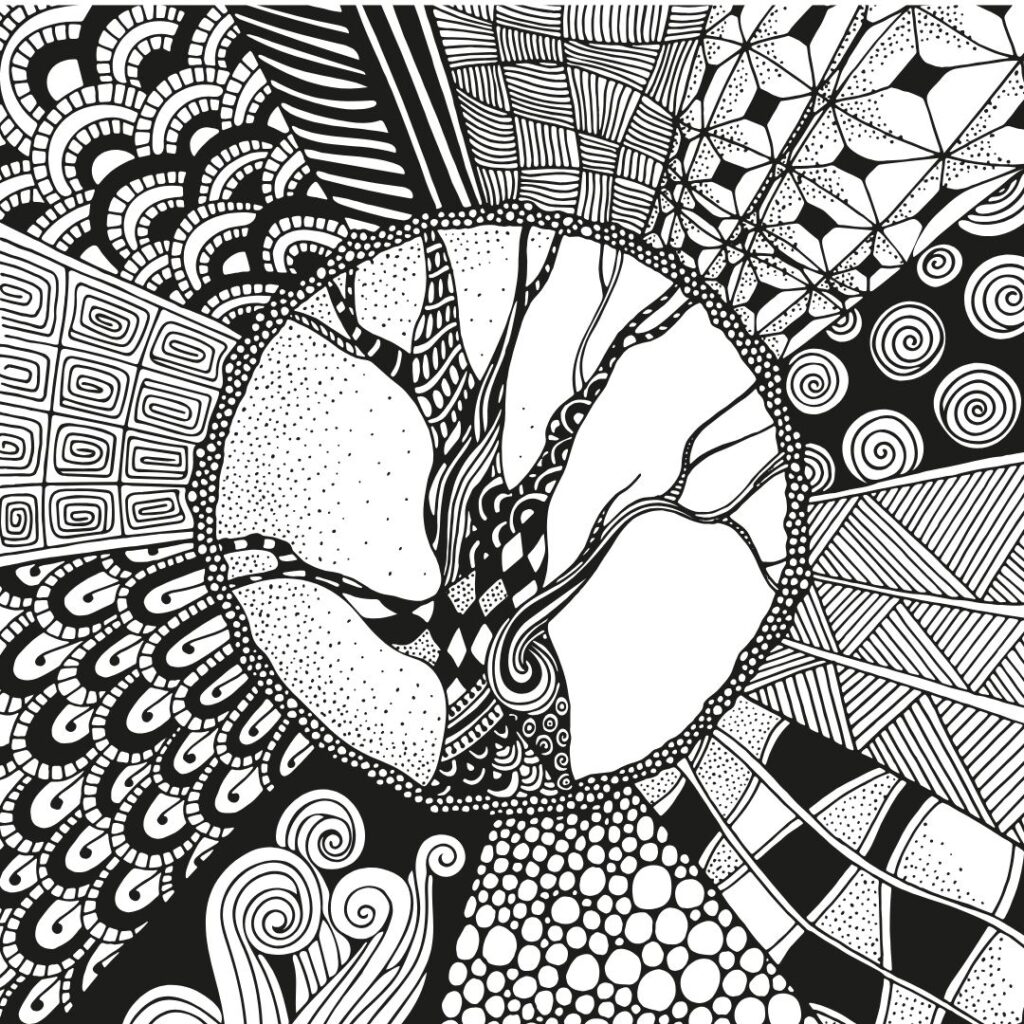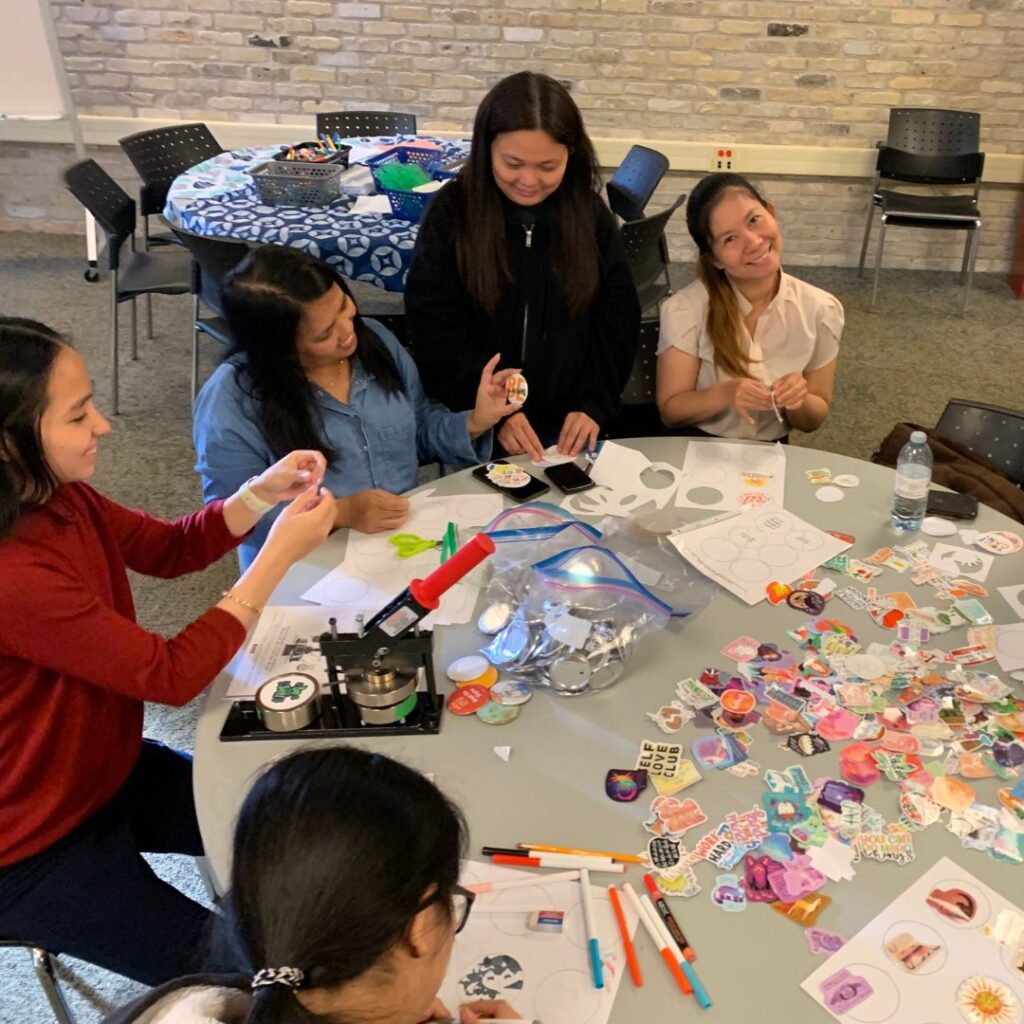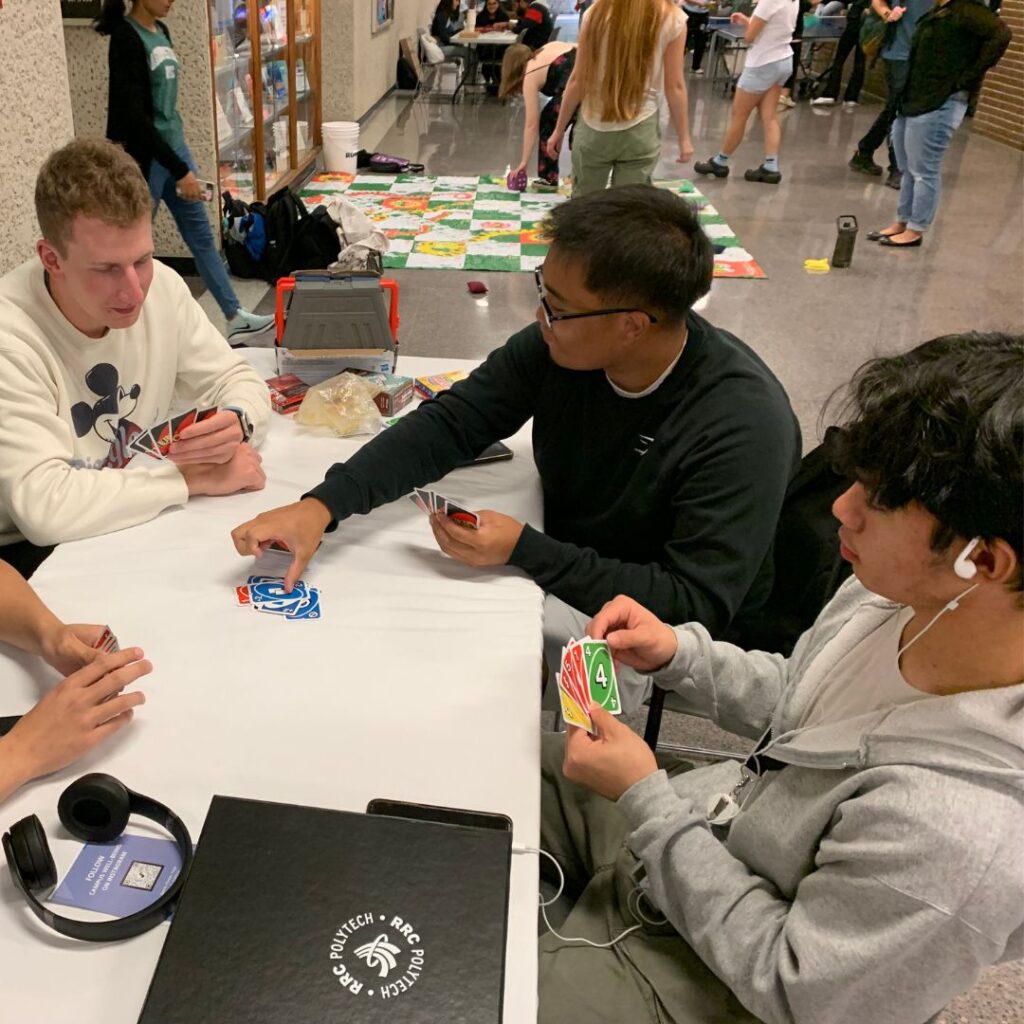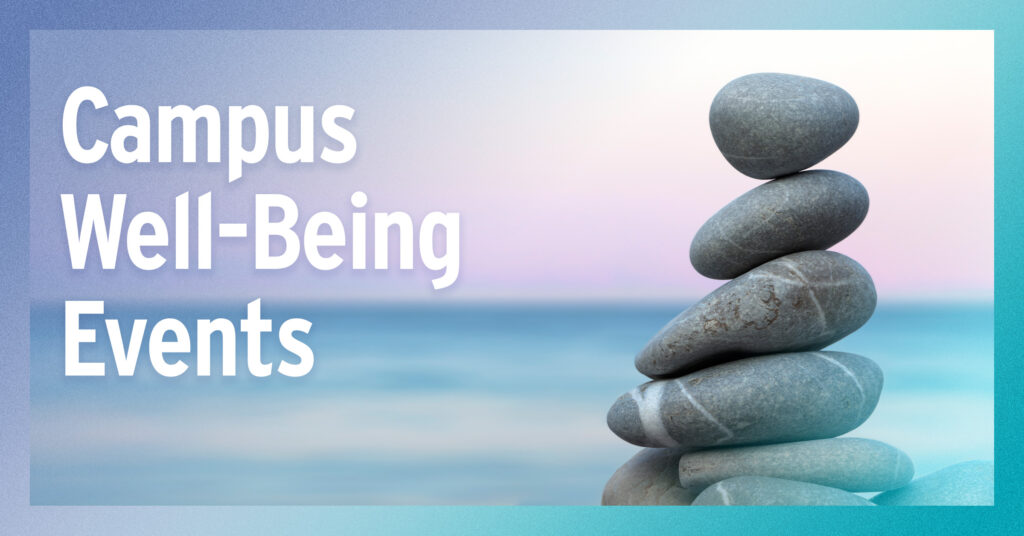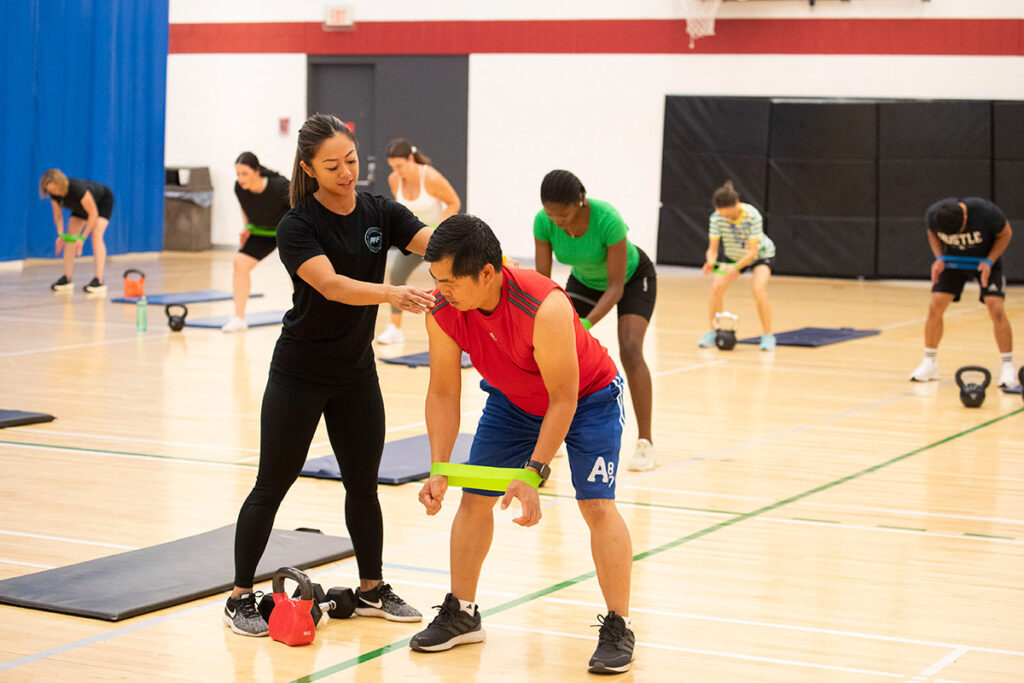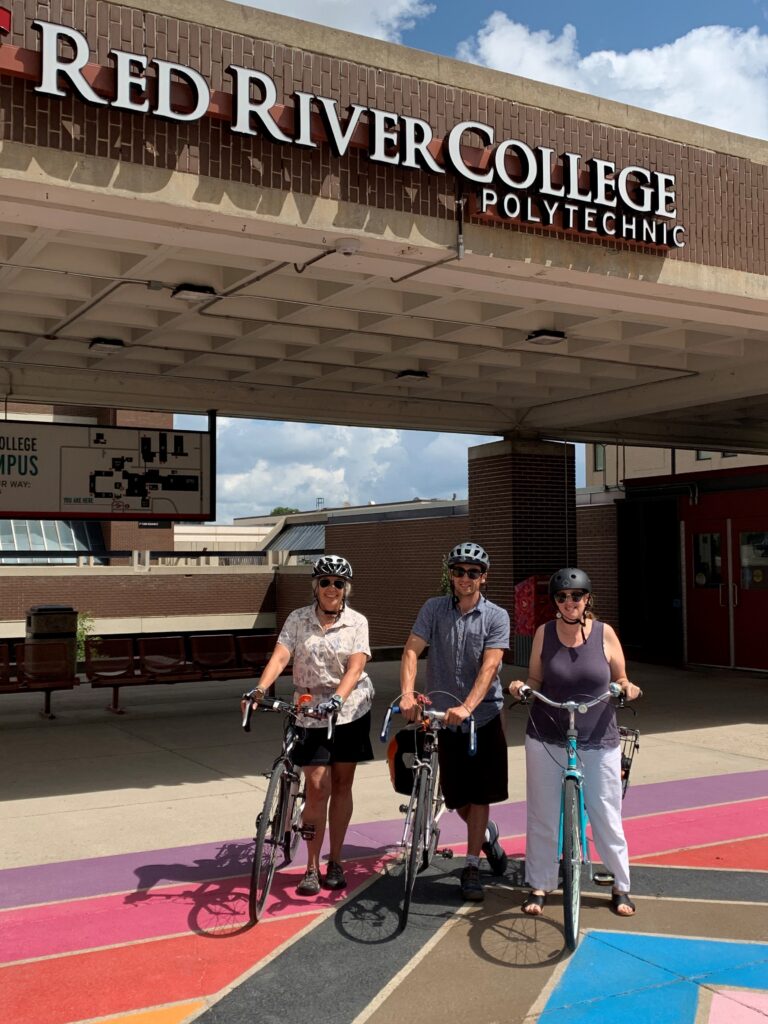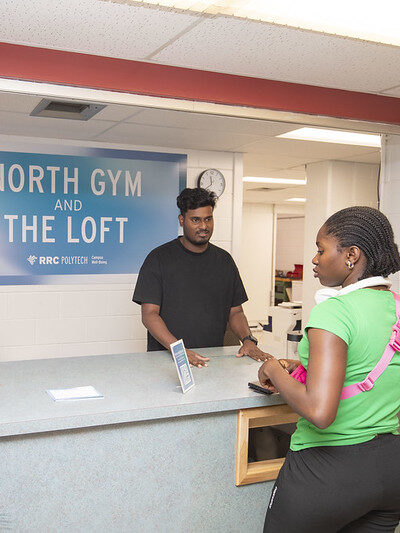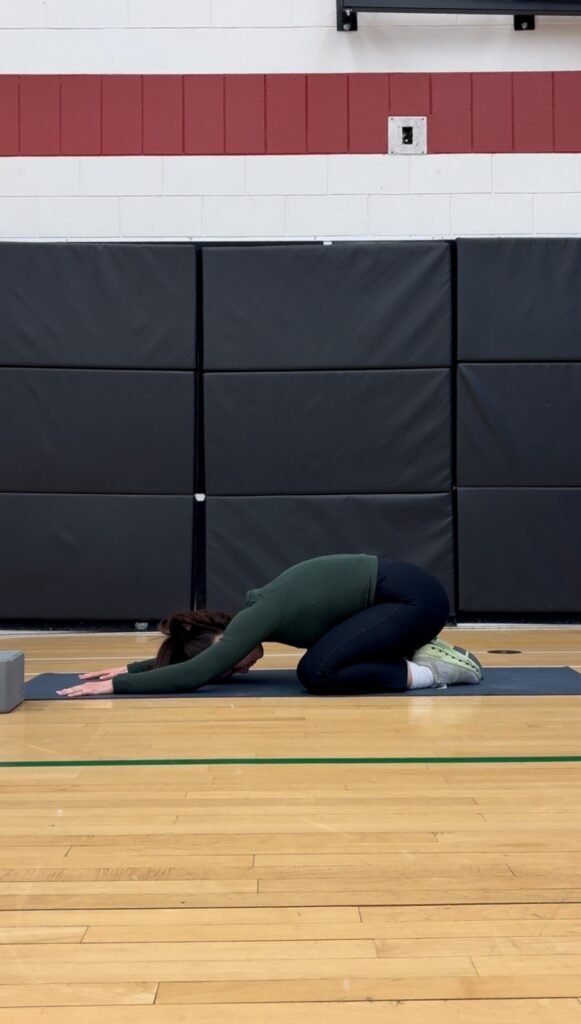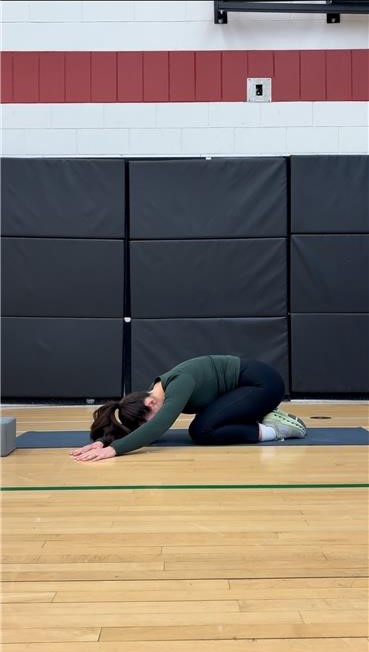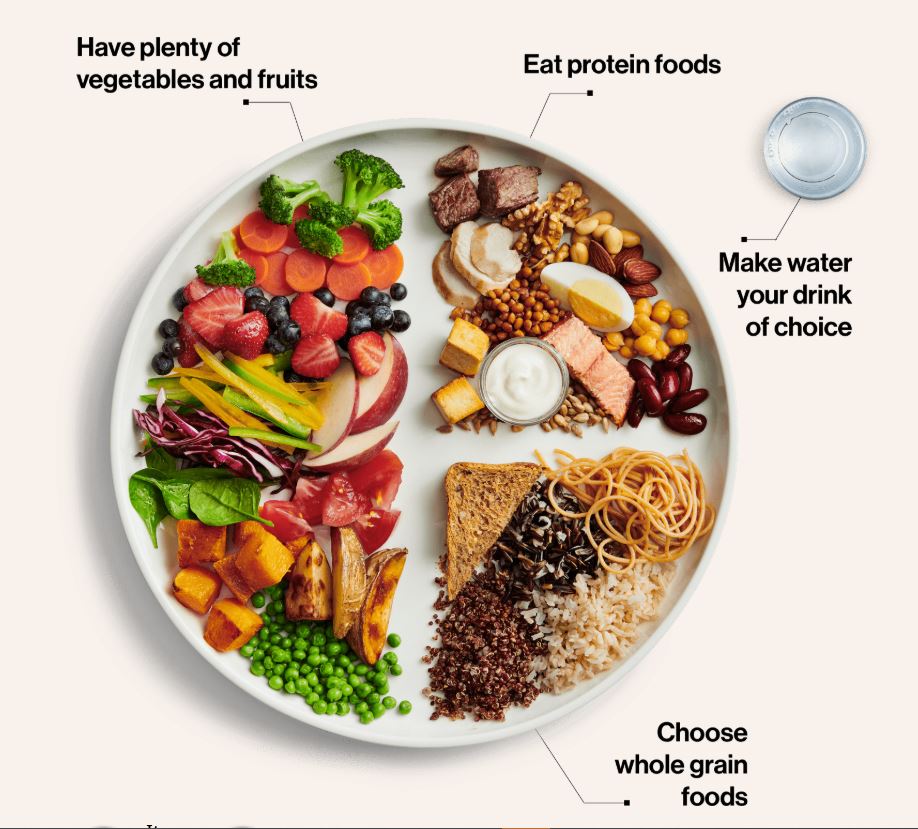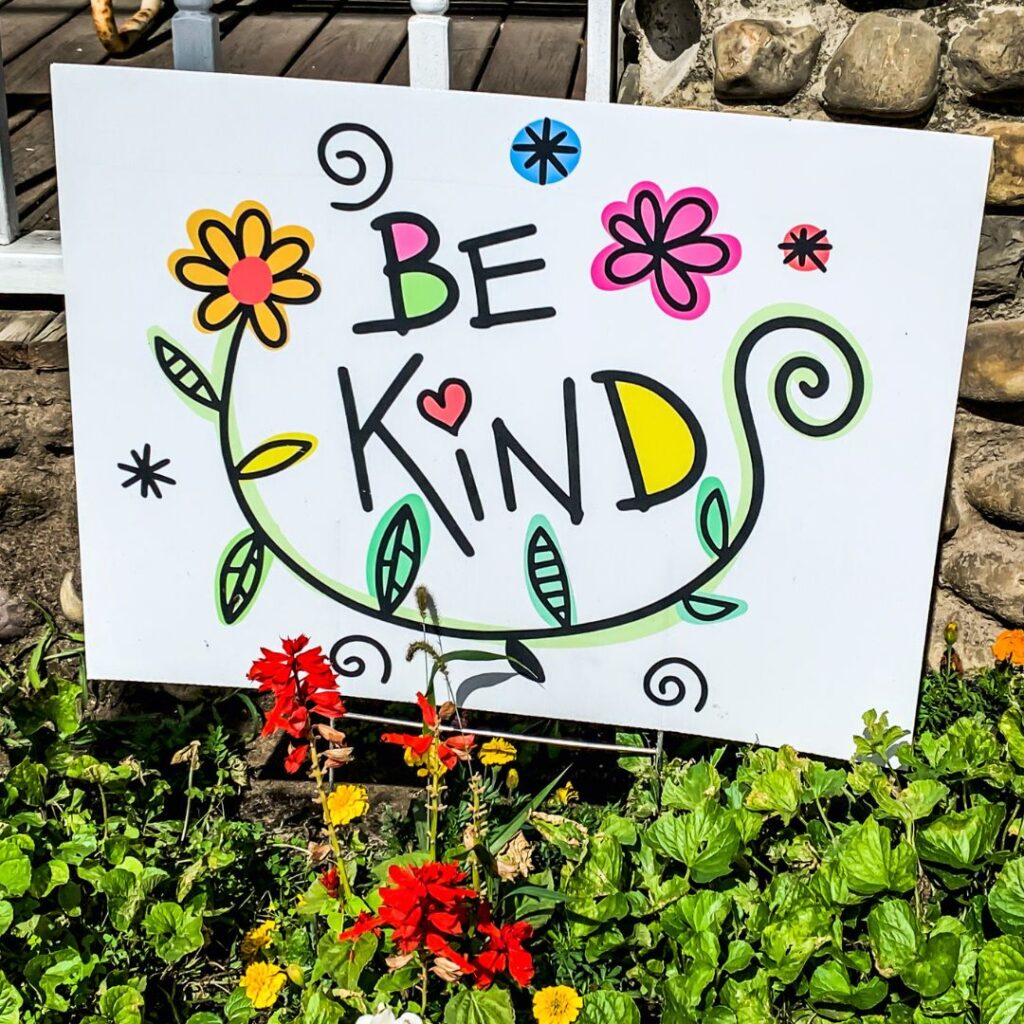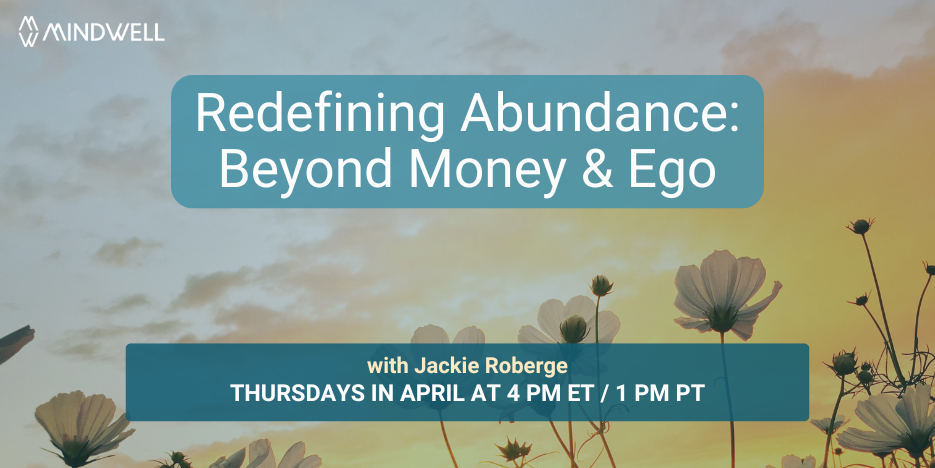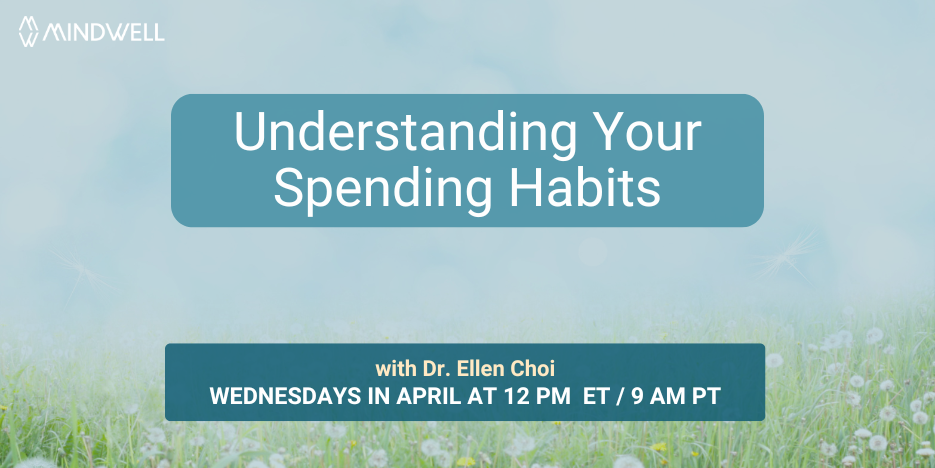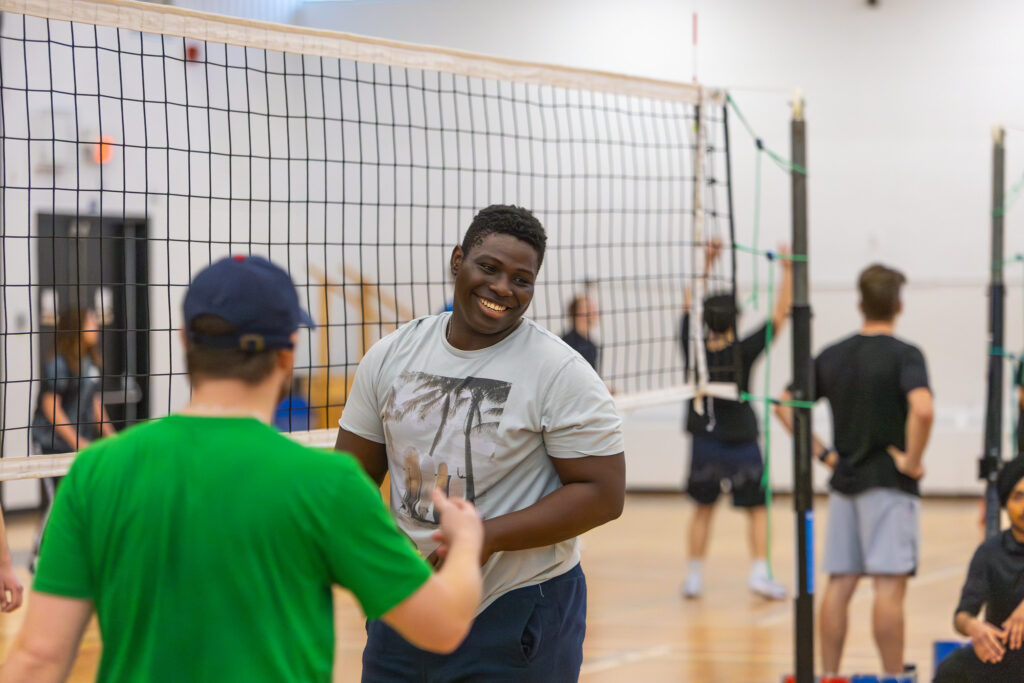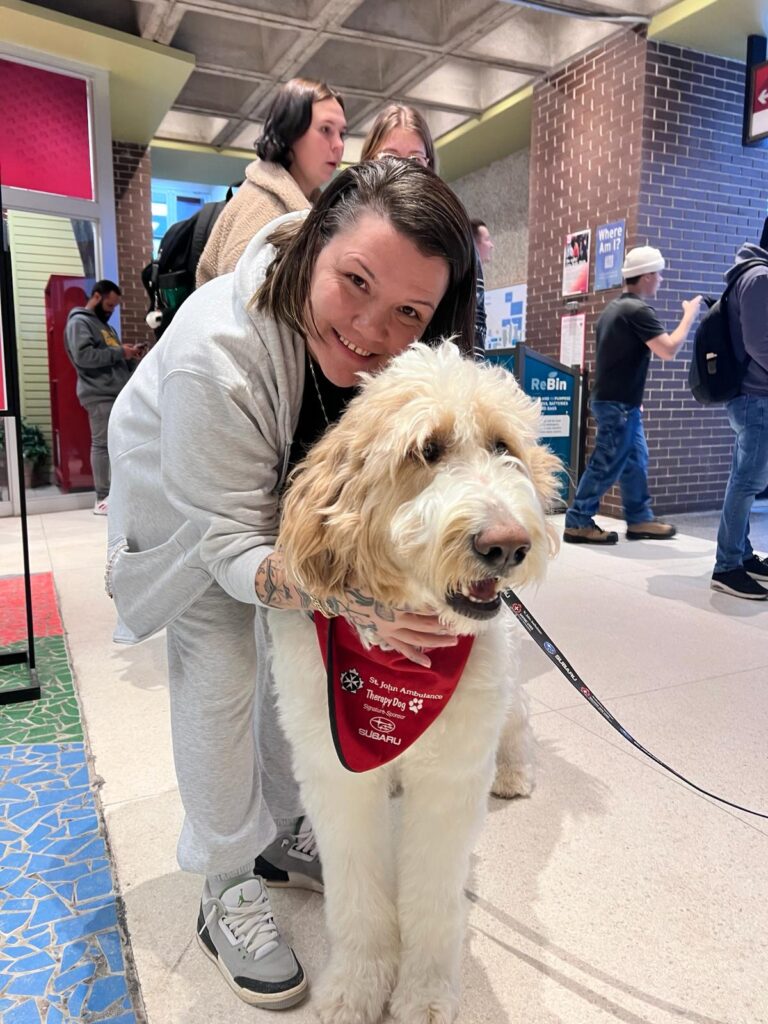The Nature Connection
Did you know that spending time in nature can significantly boost your mental health?
Recent studies have shown that exposure to natural environments is linked to improved overall well-being, enhanced coping skills, and a stronger sense of belonging. Whether it’s a walk through a local park, time spent near water, or simply being surrounded by greenery, nature offers a sanctuary for mental rejuvenation.

What counts as “nature”?
Nature encompasses all elements of the natural physical environment, including forests, bodies of water, mountains, parks, gardens, and even animals. Interestingly, even indoor plants or a view of nature from a window can have positive effects on mental health.
Research shows that just a few minutes (1–10 minutes) of exposure to nature can boost attention, reduce feelings of stress and improve overall mood.
Practical Tips to Incorporate Nature into Your Routine
- Regular Exposure: Aim for at least 20 minutes outdoors daily to experience significant improvements in mood and stress levels.
- Choose an Activity You Like: find an activity that you enjoy doing! Maybe you enjoy riding your bike, or perhaps you like bird watching. There are so many options, try something new.
- Start Small: Even a brief 10-minute walk in a natural setting can have immediate benefits for your mental health.
- Engage Your Senses: Take time to notice the sights, sounds, and smells around you to fully immerse yourself in the natural environment.

Not sure where to go or what to do? Try some of these ideas!
- Bike Loan Program at RRC
- Canadian Parks and Wilderness Society Nature Club
- Fort Whyte Alive
- Oak Hammock Marsh
- Local parks such as Assiniboine Park, St. Vital Park
- Manitoba Provincial Parks
- Trans Canada Trail
- Auora Farm (try Baby Goat Yoga this summer!)





